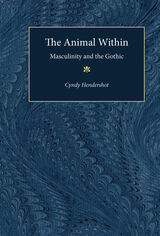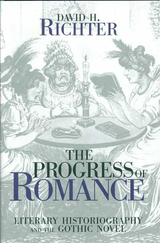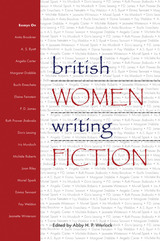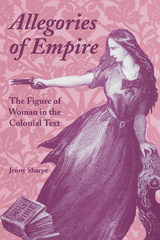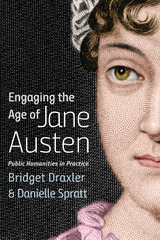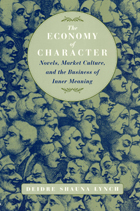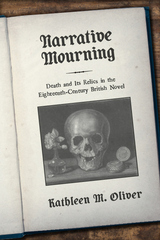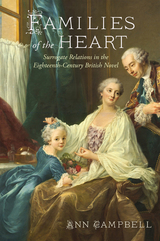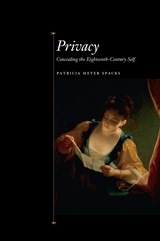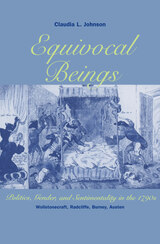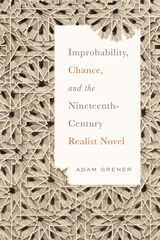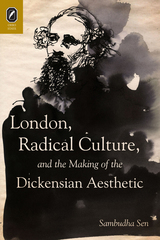Models of Value: Eighteenth-Century Political Economy and the Novel
Duke University Press, 1996
Cloth: 978-0-8223-1711-1 | Paper: 978-0-8223-1721-0
Library of Congress Classification PR858.E37T48 1996
Dewey Decimal Classification 823.509355
Cloth: 978-0-8223-1711-1 | Paper: 978-0-8223-1721-0
Library of Congress Classification PR858.E37T48 1996
Dewey Decimal Classification 823.509355
ABOUT THIS BOOK | AUTHOR BIOGRAPHY | REVIEWS | TOC
ABOUT THIS BOOK
James Thompson examines the concept of value as it came to be understood in eighteenth-century England through two emerging and divergent discourses: political economy and the novel. By looking at the relationship between these two developing forms—one having to do with finance, the other with romance—Thompson demonstrates how value came to have such different meaning in different realms of experience. A highly original rethinking of the origins of the English novel, Models of Value shows the novel’s importance in remapping English culture according to the separate spheres of public and domestic life, men’s and women’s concerns, money and emotion.
In this account, political economy and the novel clearly arise as solutions to a crisis in the notion of value. Exploring the ways in which these different genres responded to the crisis—political economy by reconceptualizing wealth as capital, and the novel by refiguring intrinsic or human worth in the form of courtship narratives—Thompson rereads several literary works, including Defoe’s Roxana, Fielding’s Tom Jones, and Burney’s Cecilia, along with influential contemporary economic texts. Models of Value also traces the discursive consequences of this bifurcation of value, and reveals how history and theory participate in the very novelistic and economic processes they describe. In doing so, the book bridges the opposition between the interests of Marxism and feminism, and the distinctions which, newly made in the eighteenth century, continue to inform our discourse today.
An important reformulation of the literary and cultural production of the eighteenth century, Models of Value will attract students of the novel, political economy, and of literary history and theory.
In this account, political economy and the novel clearly arise as solutions to a crisis in the notion of value. Exploring the ways in which these different genres responded to the crisis—political economy by reconceptualizing wealth as capital, and the novel by refiguring intrinsic or human worth in the form of courtship narratives—Thompson rereads several literary works, including Defoe’s Roxana, Fielding’s Tom Jones, and Burney’s Cecilia, along with influential contemporary economic texts. Models of Value also traces the discursive consequences of this bifurcation of value, and reveals how history and theory participate in the very novelistic and economic processes they describe. In doing so, the book bridges the opposition between the interests of Marxism and feminism, and the distinctions which, newly made in the eighteenth century, continue to inform our discourse today.
An important reformulation of the literary and cultural production of the eighteenth century, Models of Value will attract students of the novel, political economy, and of literary history and theory.
See other books on: Capitalism and literature | Economics in literature | English fiction | Models | Value
See other titles from Duke University Press


